
End of year wrap-up on Strategic Energy Management at the Co-op
Hi there. I hope this finds you well. It’s me, Nina Friedman, Strategic Energy Management (SEM) intern for the Ashland Food Co-op. The global and local crises have only devolved into further chaos since we last spoke. As we sit with the reality of coworkers, neighbors, and friends who’ve lost their homes and businesses to the recent fires, and thousands more across the nation losing their loved ones to COVID-19, I imagine many are feeling frozen and powerless to help those that are suffering. And even less so to try and mitigate climate change and the inevitable limits to our economic and population growth. While we all wrestle with what’s important during these incredibly stressful times—and knowing how impossible things seem—I’d like to share some promising news.
Like with most things in life, there was a learning curve for our first year in the SEM program. As we fumbled to find our footing, we still managed to achieve a 2.6% natural gas savings in 2019. Most importantly, we formed our energy team, and in doing so started to create a more explicit energy savings consciousness throughout the Co-op. We drafted the Co-op’s first energy policy and defined the actions necessary to reach our goals. In essence, we laid the foundation for future successes and savings.
It always feels good to reach your goals. Even better when you smash them. With a goal of 3% natural gas savings in 2020, imagine our elation to see our savings at 6% when all things were said and done. That’s 1,371 therms (over 137 million BTUs) of natural gas that can stay in the ground. This was the year of standardizing procedure. Standard operating procedures (SOPs) were created around the two most important contributors to natural gas consumption at the Co-op, heating the store and heating the water.
How do you reduce natural gas use for heating the store? Put simply, turn down the thermostat. In actuality, we accomplished something a lot more complex than that. We established a thermostat management team and a comprehensive procedure outlining ideal energy-saving temperatures, programming instructions, and reporting for changes made to prescribed schedules. In addition to thermostat management, routine maintenance of our Heating Ventilation and Air Conditioning (HVAC) units ensures peak performance for our systems and reduces inefficiencies.
To minimize natural gas use for heating the water, routine maintenance is just as necessary. With large amounts of heat being generated, hot water systems are prone to mineral/scale buildup, especially tankless ones, like ours. If the filters aren't changed regularly, this buildup will greatly reduce the efficiency of the heaters, essentially wasting all the heat that's being generated. Armed with this knowledge, we set out to define and document the proper procedure for changing the store’s hot water filter and create a digital schedule that sets reminders for this and other essential recurring routine maintenance.
These are small successes during a time when we need big change. The Co-op’s energy management won’t reverse our global energy crisis, and energy savings won’t ease our collective distress. This is tangible, though. Real people, at your local food cooperative, taking real steps to lessen its environmental impact. This is something we can feel good about.
More Co-op News
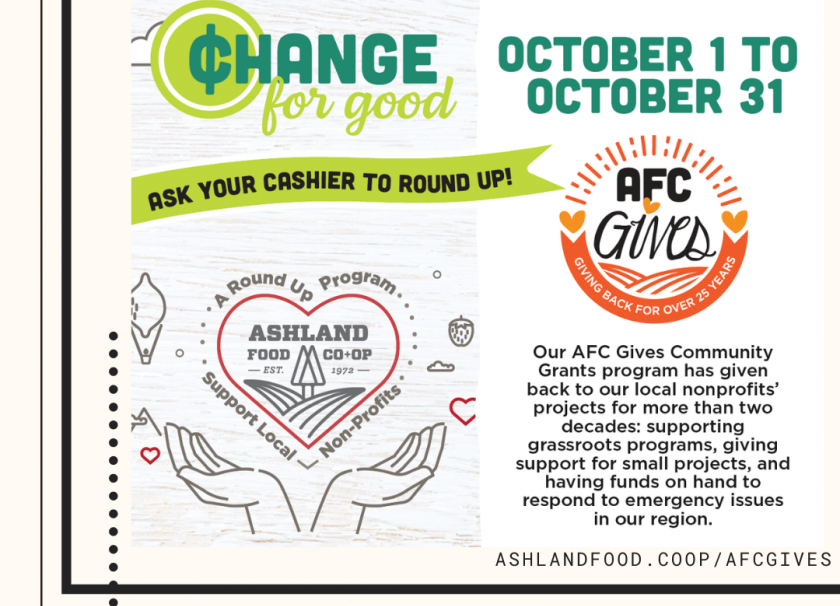
October Change for Good Partner: AFC Gives Community Fund
October's Change for Good Partner is
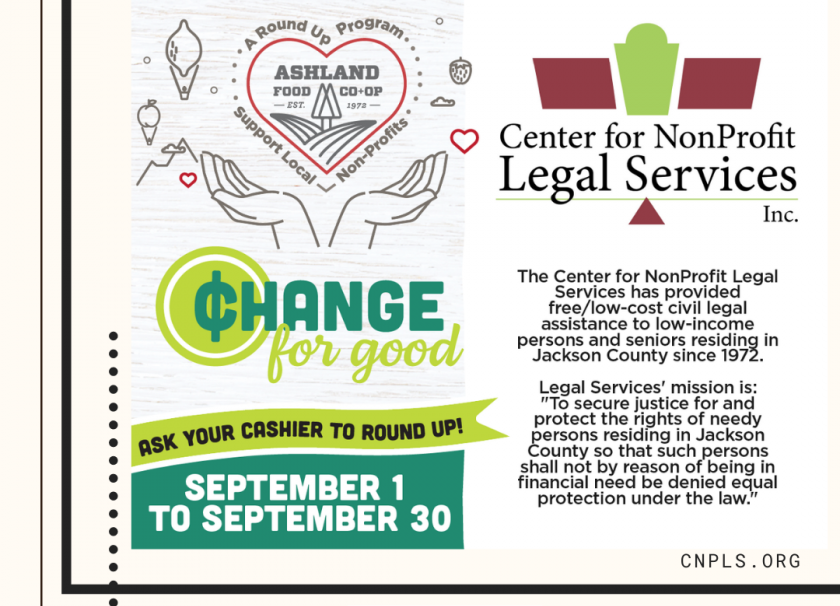
September Change for Good Partner: Center for NonProfit Legal Services
September's Change for Good Partner is
Center for NonProfit Legal Services
The Center for NonProfit Legal Services has provided free/low-cost civil legal assistance to low-income persons and seniors residing in Jackson County since 1972.

August Change for Good Partner: Klamath-Siskiyou Wildlands Center
August's Change for Good Partner is
Klamath-Siskiyou Wildlands Center
(KS Wild)
KS Wild's mission is to protect and restore wild nature in the Klamath-Siskiyou region of southwest Oregon and northwest California.


July Change for Good Partner: Southern Oregon Land Conservancy
July's Change for Good Partner is
Southern Oregon Land Conservancy
Protecting and enhancing precious land in the Rogue River region
to benefit our human and natural communities since 1978
Meet the 1st Street Beet
Welcome to the newly redesigned and reimagined newsletter from the Ashland Food Co-op: 1st Street Beet.
Think of this publication as a resource to know what’s going on in every level of the community: at the co-op, around town, in the region, and on Earth!

June Change for Good Recipient: Our Family Farms
June's Change for Good Recipient is
Our Family Farms, an Oregon 501(c)3 non profit organization, is hard at work educating and inspiring farmers, policy makers and the community at large to support regenerative agricultural practices.

Capiche Conversations: Interview with Tracy Kaiser, Marketing & Education Manager of Ashland Food Co-op
Our own marketing manager, Tracy Kaiser, was interviewed by Melissa L. Michaels for Capiche Conversations.
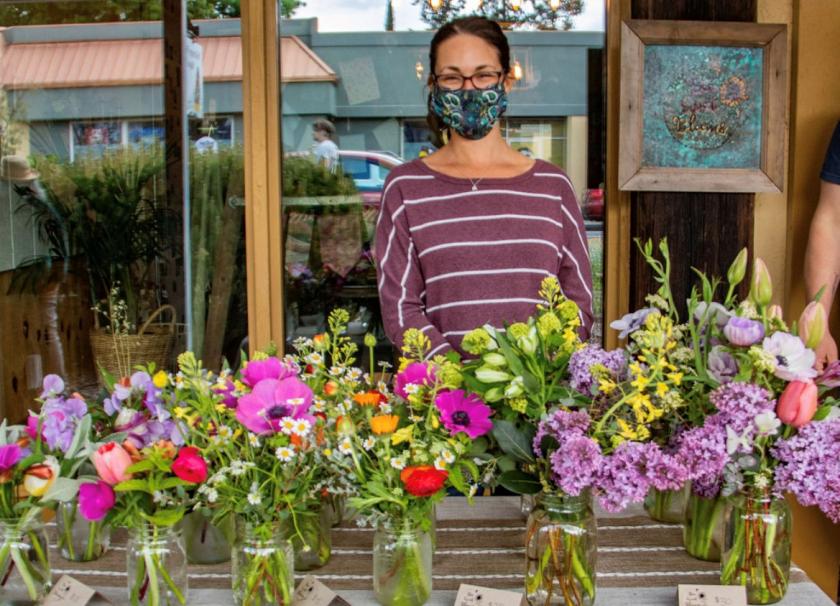
May Day Community Block Party
Photography by Chelsea Whitney Art
On May 1st, several Southern Oregon businesses came together for a block party to provide a space to gather as a community after a rough spell due to the pandemic and fires. The May Day Block Party was hosted on Main St in Phoenix, where the scent of food trucks mingled with artisan goods such as local cheeses, locally farmed flowers, and even fresh-baked pastries.

May Change for Good Recipient: Rogue Valley Farm to School
May's Change for Good Recipient is
Rogue Valley Farm to School educates children about our food system through hands-on farm and garden programs, and by increasing local foods in school meals.

April Change for Good Recipient: Pollinator Project Rogue Valley
April's Change for Good Recipient is
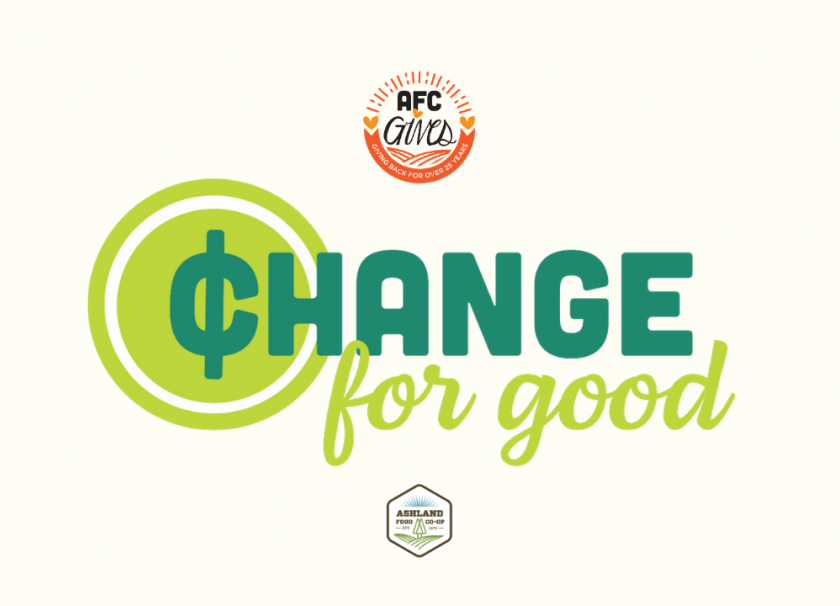
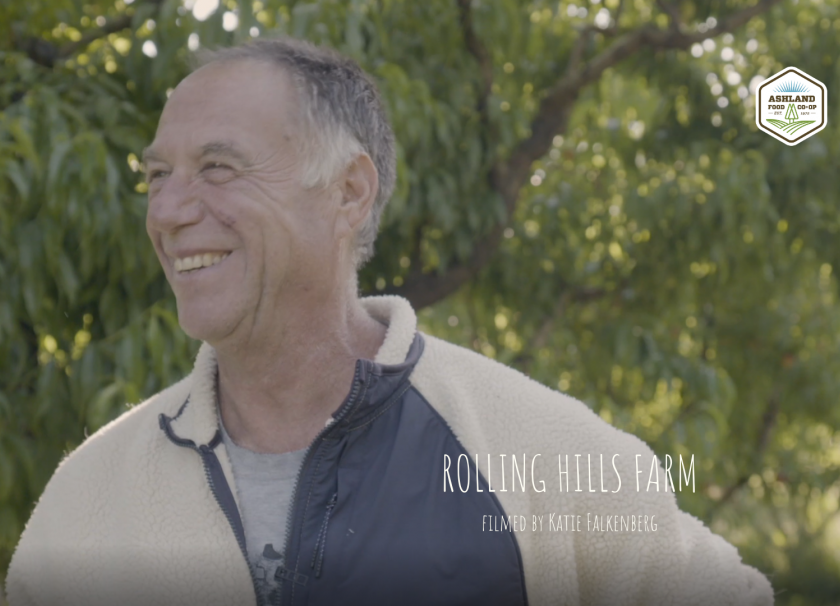
A Visit with Rolling Hills
Visit Rolling Hills Farm and learn more about owner Dave Belzberg, who the Ashland Food Co-op is so honored to partner with for more than thirty five years.
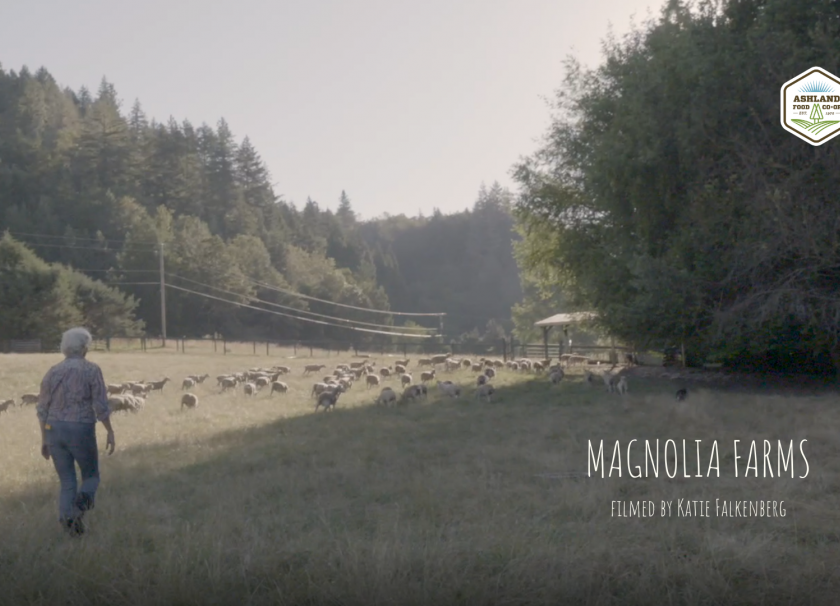
A Visit with Magnolia Farms
Visit Magnolia Farms and learn more about owner Elissa Thau, who the Ashland Food Co-op is so honored to partner with for more than twenty years.
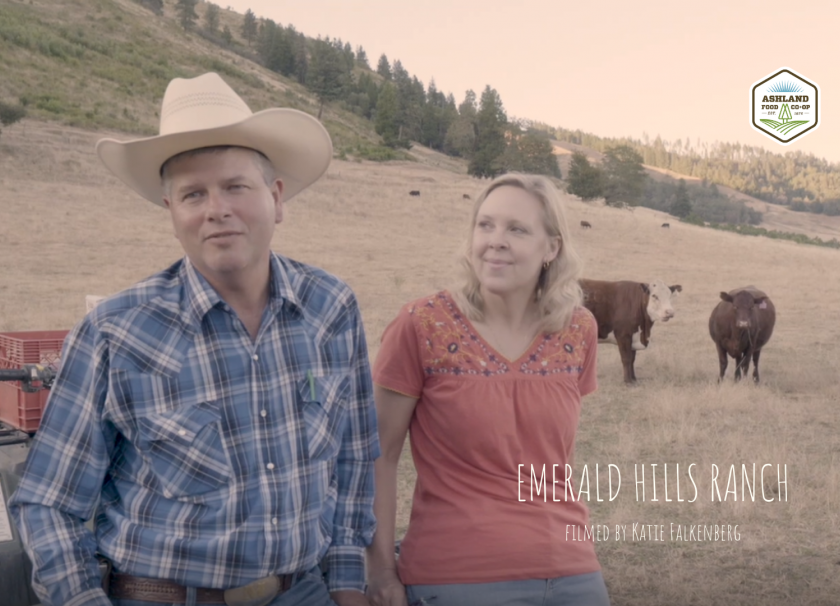
A Visit with Emerald Hills
Visit the Emerald Hills Ranch and learn more about this fourth generation ranching family that the Ashland Food Co-op is so proud to partner with for more than twenty years.
